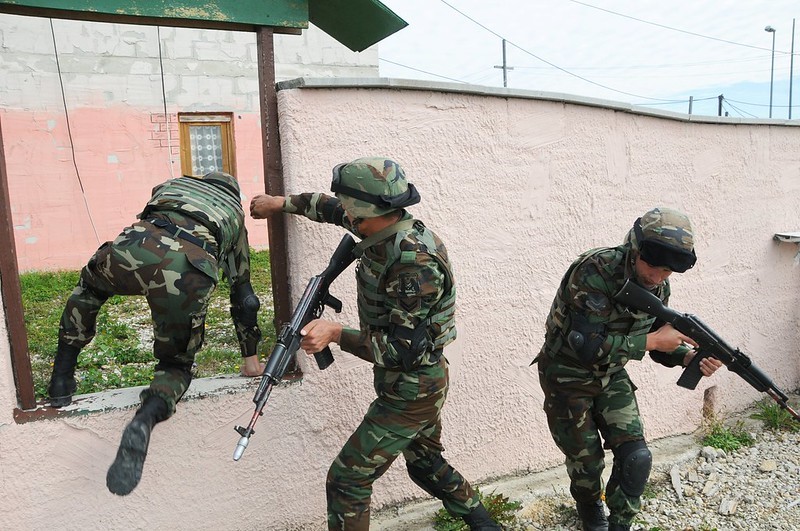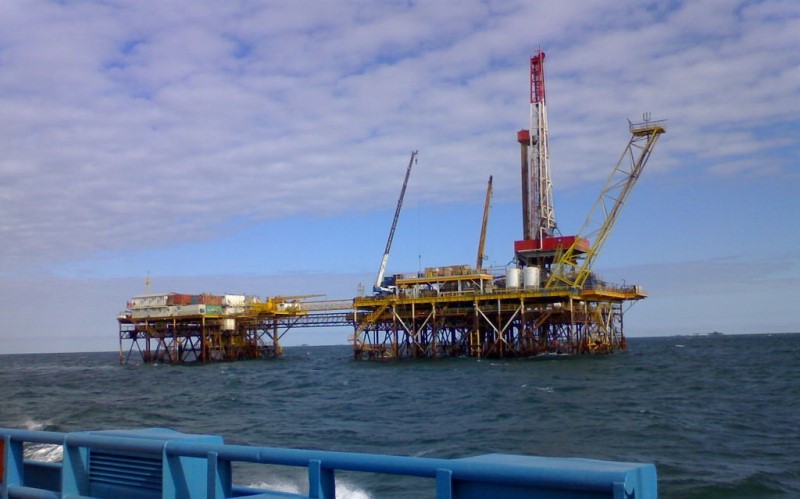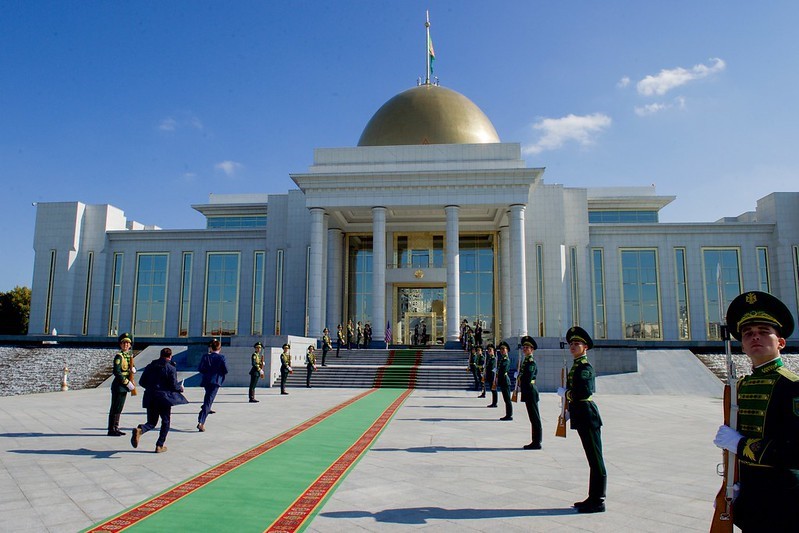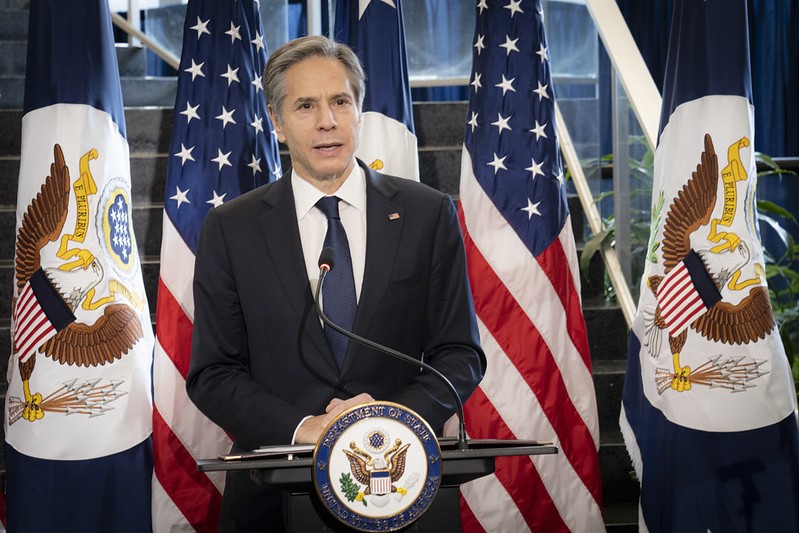Nagorno-Karabakh: The Democratization of Precision Strike and the Viability of Military Power
By Jack Watling
March 25, 2021, the CACI Analyst
The six-week Nagorno-Karabakh war, fought through the Autumn of 2020, may have been principally of local significance politically, but highlights changes in the viability of the use of force as an instrument of statecraft in a new era of great power competition. Extrapolation from the conflict should not be taken too far, but the democratization of precision strike and the constraints imposed on the use of air power pose serious questions for many European medium powers.

Azerbaijan and Turkmenistan Agree on the Caspian
By Robert M. Cutler
March 12, 2021, the CACI Analyst
For over twenty years, Azerbaijan and Turkmenistan have been at odds over the mid-Caspian oil and gas field that the former called “Kepez” (often rendered “Kyapaz” from the Russian) and that the latter called “Sardar.” In late 2020, they agreed to rename it Dostlug/Dostluk, meaning “Friendship” in their Turkic languages. On January 21, they signed a Memorandum of Understanding (MoU) agreeing on the terms for their joint exploration and development of the field. This agreement removes the last obstacle to the construction of the Trans-Caspian Gas Pipeline (TCGP).

More than Just Friends? New Azerbaijan-Turkmenistan Agreement on Joint Energy Production in the Caspian Sea
By Brenda Shaffer
February 16, 2021, the CACI Analyst
On January 21, 2021 the Presidents of Azerbaijan and Turkmenistan signed an intergovernmental Memorandum of Understanding (MOU) for joint development of the newly named Dostluq (friendship in Azerbaijani and Turkmen languages) oil and natural gas field. This agreement will likely facilitate multiple new ventures in oil and gas in the Caspian Sea. It also reflects the mutual desire of the two states for increased cooperation in multiple spheres beyond energy and is the result of increased contacts between the two neighboring countries over the last two years. Increased cooperation between Azerbaijan and Turkmenistan is likely to emerge beyond the sphere of energy.

U.S. Policy Toward Azerbaijan in the Biden Administration
By Fariz Ismailzade
January 29, 2021, the CACI Analyst
Over the past 30 years, Azerbaijan and the United States have developed a strategic partnership based on common interests and values. This partnership includes area of cooperation such as energy security, counter-terrorism, joint economic opportunities, and trade, political and humanitarian efforts. Clinton and Bush administrations have pursued a bipartisan policy of deepening engagement with Azerbaijani to increase US national interests in the Caspian region.

The Karabakh Ceasefire and Regional Economic Projects
By Orhan Gafarli
January 28, 2021, the CACI Analyst
The Second Karabakh War lasted for 44 days, ending on November 10, 2020 with the 9-point ceasefire agreement agreed by Azerbaijan and Armenia under Russian mediation. According to the ceasefire, the Armenian side will withdraw from the seven regions surrounding Nagorno-Karabakh; a Russian Peace Force will control the Lachin corridor connecting Karabakh with Armenia and Russia’s Border Service (FSB) will supervise the highway between Azerbaijan and Nakhichevan. Turkey is also a party to ensuring compliance with the ceasefire, setting up observation points and cooperating with Russia regarding negotiations between the parties. The end of the war might eventually bring the parties to a peace agreement and allow for regular overland transport between Azerbaijan, Armenia and Turkey. This perspective could help revive the Silk Road between East and West in the South Caucasus.



